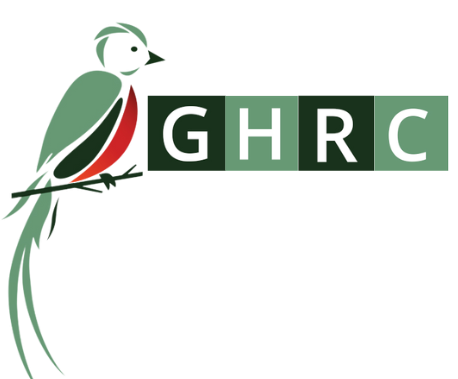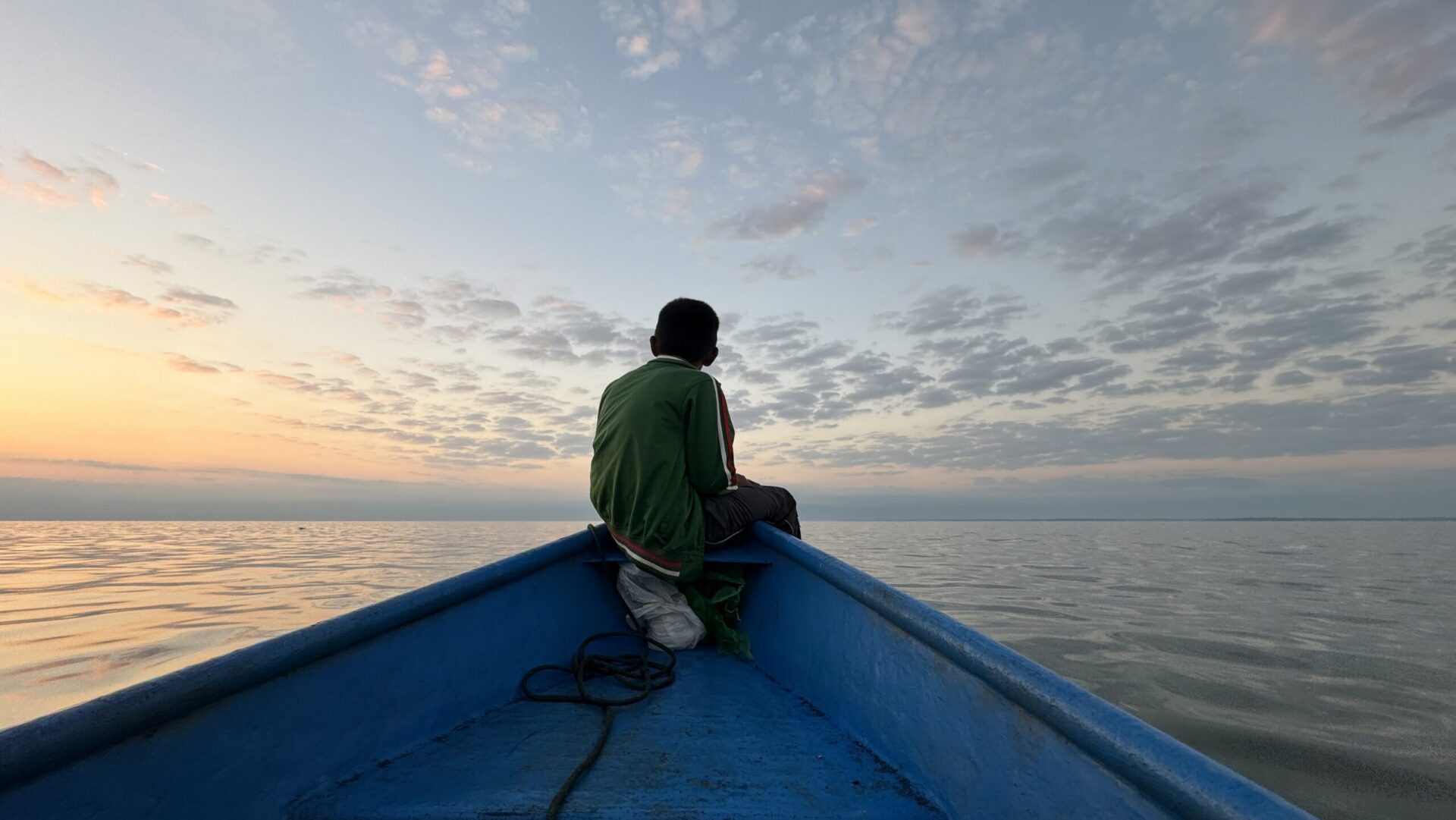La Hora: Organizations Present their Statement in Press Conference in the Constitutional Plaza
In a press conference held in the Constitutional Plaza, civil society organizations denounced Decree 04-2020, known as the “NGO Law” which came into full effect on February 2 as the deadline for organizations to register themselves passed. Condemning the lack of transparency on the part of the government regarding the process of registration, the group warned against the “enormous repercussions for social organization, society in general, democracy and rule of law.” The NGO Law, according to the group “constitutes a straitjacket to citizen expression and organization,” which allows the government, “to intimidate organizations and to be able to act as it pleases in a marked effort to promote impunity, corruption and concentrate its power.”
On January 31, in a bicameral letter led by Representatives Castro, Torres, and McGovern, and by Senator Markey, US lawmakers condemned threats to civil society posed by the NGO Law, passed last June, and warned that it “could be used to criminalize human rights defenders and CSOs [Civil Society Organizations].” The letter warned of trend within the region of government efforts to shrink civil society and emphasized its importance stating, “The United States must elevate amending or repealing harmful legislation restricting legitimate civil society activity as a key bilateral and regional policy priority while simultaneously continuing to partner with and protect CSOs carrying out critical work.”
In the case of Guatemala, the NGO law requires all NGOs to register with the Ministry of the Interior according to predetermined categories, but there is no registration category for organizations whose primary role is human rights reporting or advocacy. Moreover, under the law, any organization deemed to be “altering the public order” will lose its legal personality and its employees will be banned from working in the nonprofit sector for two years. What constitutes “altering public order,” however, is undefined and instead left to the discretion of the Ministry of the Interior. “I fear a wave of dissolutions [of organizations] for not complying with the requirements of the controversial NGO Law,” explained the UN Special Rapporteur on Freedom of Expression and “I reiterate my call to avoid its use to restrict civic space.”
As of January 25, Napoleón Barrientos Girón is heading the Ministry of the Interior, having replaced Gendri Reyes Mazariegos as Minister. Barrientos Girón, a retired general and former Kaibil commander in the Guatemalan army, served as deputy chief of the National Defense General Staff in the government of Otto Perez Molina. Barrientos Girón led the Kaibil Special Forces Brigade in Puerto Barrios, Izabal. The Kaibiles are notoriously hardline and have faced many allegations of human rights abuse. The Dos Erres Massacre, in which three former Kaibiles were convicted for murdering over 200 civilians in 1982, is one of the few cases in which Kaibiles have been held accountable. Barrientos Girón, who has worked as a columnist, opposes trials of former military members accused of gross human rights violations. Now that the NGO registration deadline of February 2 has passed, with 96 percent of NGOs failing to register under the new guidelines, Girón will be in a position to oversee the ministry that has the sole authority to shut organizations down.
Public Ministry Issues Extradition Request for Former Attorney General Thelma Aldana
The International Affairs Unit of the Public Ministry (MP) has submitted a request to extradite Thelma Aldana. The former Attorney General–internationally recognized for her work fighting corruption during her tenure–fled to the US in 2019 to seek refuge. She was granted asylum in 2020.
The MP requested the extradition of Aldana in order to prosecute her for charges made in 2019, when the MP accused Aldana of abuse of authority and fraud in relation to a supposed irregular purchase of a building in Zone 5 of the capital. The MP launched an investigation into the alleged misconduct, claiming Aldana authorized the purchase of a building overvalued by $449,000. Aldana refuted the allegations once more and responded to the government’s request to extradite her on Twitter, stating, “Consuelo Porras should come to Washington DC to make her request. I’ll wait for her here.” The USDOS pulled Consuelo Porras’ visa in September 2021 after adding her to the Engel List for “[obstructing] investigations into acts of corruption by interfering with criminal investigations.”
Thousands Demand the Release of Maya Chuj Woman Detained in Mexico
On January 31, 2022 family and friends of detained migrant Jauna Alonzo Santizo, along with Promoters of Migrant Liberation, traveled from San Mateo Ixitán to Guatemala City to present a petition letter to the Mexican Consulate. This letter–signed by 5,135 individuals and 43 organizations–demands the immediate release of Santizo, who has been detained in Tamaulipas, Mexico for seven years for a crime she and her family maintain that she did not commit.
In an attempt to migrate to the United States in search of better economic opportunities in 2014, Santizo was kidnapped in Mexico and forced to work for her captors. When police arrived on the scene, they accused Santizo of being a trafficker, but because Santizo–a Maya Chuj woman–did not speak Spanish at the time, she was unable to defend herself. Without legal counsel, consulate support, or even an interpreter, Santizo was forced at gunpoint to sign a document incriminating herself. US Border Patrol and Customs has reported an increased need for interpreters that speak languages like Chuj; the number of migrants that speak only Mayan Indigenous languages apprehended at the US Southern Border doubled from 2020 to 2021.
According to the International Mayan League, “The Government of Mexico is accountable for the human rights violations of Ms. Juana.” Last September, the Working Group on Arbitrary Detention of the United Nations Human Rights Council adopted decision No. 35/2021, declaring that Santizo’s detention violates international law, stating,“The appropriate remedy would be to immediately release Ms. Santizo and grant her the right to obtain compensation and other types of reparation.” The UN Office of Human Rights in Mexico has also advocated on her behalf since 2018, when it requested access to an interpreter and consular protection for Santizo. But, in spite of the continuing support for Santizo’s release, Mexican and Guatemalan authorities apparently have not met to discuss her case. On March 8th 2022, a group of women will travel to the Mexican Consulate in Quetzaltenango to once again demand her release.
GHRC Continues to Accompany Transitional Justice Cases
Over the last few weeks, our Guatemala Team has been observing the trial against Luis Enrique Mendoza García–who served as chief of operations of the National Defense General Staff from 1982 to 1983–is accused of genocide and crimes against humanity against the Maya Ixil people. Last month, we accompanied the Maya Achi Women and their legal team in the trial against five former members of the Civil Defense Patrol in which they were convicted of crimes against humanity and sentenced to 30 years.
Key transitional justice cases, while essential in the fight against impunity, are being carried out in an environment of shrinking judicial independence. According to the Inter-American Commission on Human Rights, Guatemala has taken “actions to weaken the judicial system,” including “the criminalization, harassment, and judicial persecution of judges, prosecutors, former prosecutors, and magistrates.” In this context, observance and accompaniment of trials serves as a key element to ensure that survivors and victims are given access to justice. Your donations allow us to continue accompanying these important cases. Please support our work and make a donation today.

